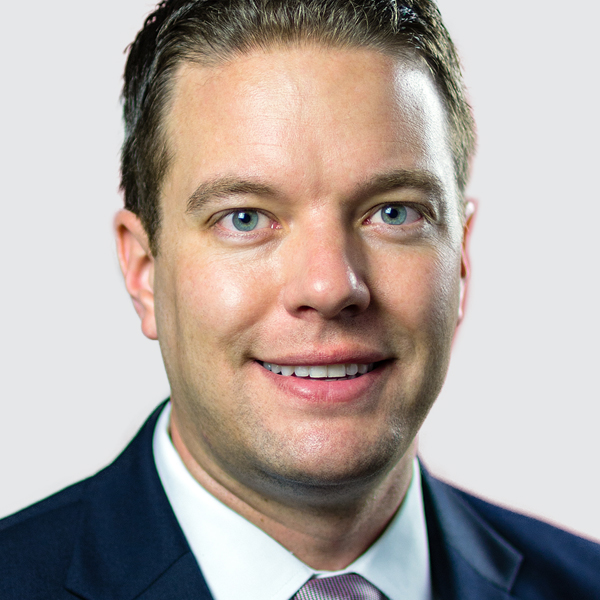What is a critical lesson that we need to learn while navigating challenging times?
The first lesson is that you must leverage your own innate strengths – whether forgiveness, empathy, or compassion – and tap into the very best of who you are as a way to navigate the hard moments of life. In other words, use what is already dominant in you to create the life you want to live, and that includes navigating adversity.
How has the understanding of resilience changed over time?
First, our grandparents were far less likely to experience what we would now call depression than young people today. By high school, 20% of today’s young people will experience a period of depression. The pandemic has only exacerbated that trend. Some of our current parenting strategies also contribute to a lack of resiliency. It used to be the case that even young children would spend days outside with friends, far from the watchful eye of parents, and during this time, would have to learn to navigate the world on their own.
The struggle to “figure it out” has – without painting with too broad a brush – become a negative. A lot of our research shows that depriving children of the opportunity to struggle, to fail, to learn how to pick yourself up, has also deprived them of resilience. Struggling is not bad.
How does affluence play a role in resilience? Does it hinder its cultivation?
The empirical data shows greater depression in children growing up in poverty and overcrowded places, with parents who have their own set of challenges. On the other hand, researchers who looked at children growing up with affluence found that cohort also had higher rates of depression and anxiety than expected. As a result, one hypothesis was the one we just talked about – that children of affluence navigated fewer sets of challenges and had greater numbers of support structures in place.
I’ll use an example from my own life. When my son was small, he played soccer in our town, and he would come off the field and say things like, “Mom, I’m awful.” I had to resist the urge to make it OK or tell him that wasn’t so. The better parenting strategy is to just be with your child through the difficult moments without making it OK for them or making it less hard. That erodes trust, erodes resilience, and communicates to the child that tolerating what is hard is to be avoided at all costs.
You’ve talked a lot about resilience as a skill that needs to be practiced. Are there pivotal moments in life when that is particularly meaningful?
The important point is that resilience has to be practiced continuously. If you are practicing resilience consciously, you will become aware of when your thinking turns fatalistic or otherwise pessimistic, and over time, you will experience a schema change. That is to say that whatever it is that sends you into anxiety will start to shrink as you use tools and skills focused on resilience instead of that fatalistic narrative in your mind. This is a gradual change over time.
However, there is also a field of study focused on what happens after sudden traumatic experiences. It shows that when people go through significant trauma and are able to look back on that trauma later, they see that the difficult experience shifted and shaped them in ways for which they are now grateful. This might be manifested by deeper spirituality, an imperative to be true to themselves in some new way, or to view those around them with new eyes. This is a less gradual change but for some, a more meaningful one.
If we accept that affluence can negatively affect resilience and that resilience is a muscle that must be used to stay strong, what are the skills that we can use to exercise that muscle?
Everyone, every day, should practice resilience. We are all works in progress! A good question is: What feeds your soul? For me, that is wonder, that moment where you exclaim in delight. Now, I walk every day and take photographs of the things I see that delight me. So, ask yourself that question. What is the answer?
We can tend to think that practicing resilience is a heavy lift – tough but necessary work – but doing the things that create positive emotions for yourself every day is also a way to create and practice resilience.
Does this mean we should align our lives with what we value? Is that a way to build resilience?
There are several things we know from the research that build resilience. Among the list are self-awareness, mental agility, self-efficacy, optimism, and connection with others. Cultivating these and knowing your own short list of personal values – the things that drive your decisions, relate to people, and engage in the world – and aligning your life around these things is a foundation for resilience. The pandemic has, for some of us, crystalized what those values are, and that will help us grow in that direction.
Finally, what are the most critical things your research has shown you about resilience that you didn’t know when you started in this field?
The first is that institutions and companies play a pivotal role in nurturing resilience – or not – within their organizations. The other thing we now know is that positive emotions, even micro-moments, in your day have an outsized influence in helping to manage stress and anxiety. Positive emotions broaden our thinking, facilitate creativity and problem-solving, and build resources for any future stress or trauma that may come your way. Finally, optimism and relationships with other people are critical to resilience. Loneliness and isolation are as strong a risk factor for poor health as smoking and obesity! Optimistic people tend to do things that are more values-aligned, outperform their peers across a range of tasks, and are significantly less likely to suffer with health issues than more pessimistic people.
Dr. Reivich, thank you so much for your time and insights.



